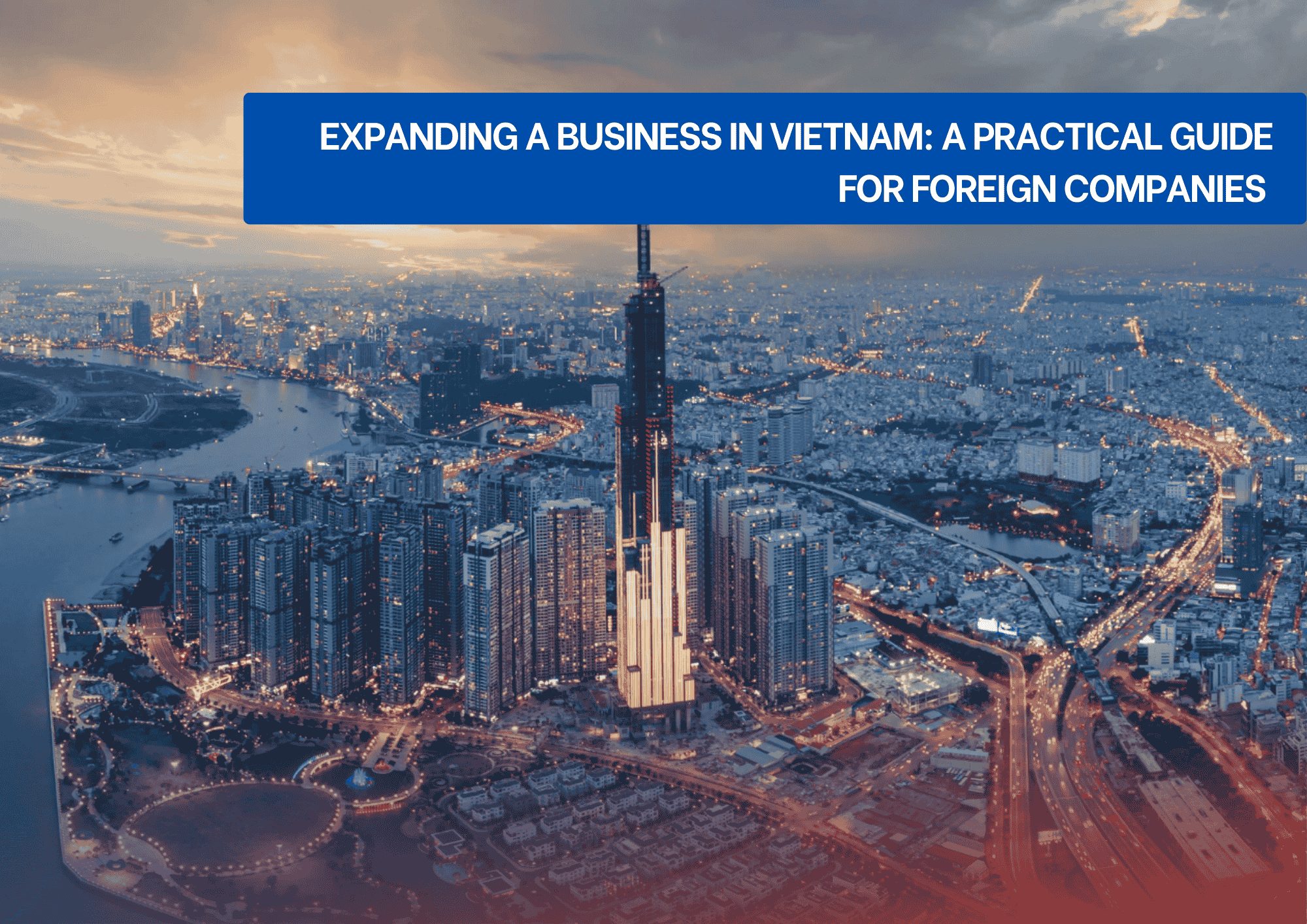On July 2, 2025, President Trump announced that the planned 46% tariff on Vietnamese exports—set to kick in on July 9—would be replaced by a 20% rate, while maintaining a 40% levy on goods deemed to be transshipped from third countries via Vietnam. In return, Vietnam agreed to:
- Zero tariffs on key U.S. exports (e.g., large‑engine vehicles, LNG, agricultural commodities).
- Enhanced customs transparency and stricter rules of origin enforcement.
- A “loose framework” for deeper trade talks covering services, intellectual property, and investment (Politico; Al Jazeera).
This is not a full free‑trade agreement, but rather a framework whose final details—product lists, phase‑in schedules, and enforcement mechanisms—remain to be negotiated. Let’s dive deeper into what is new!
A Quick Recap: What’s in the Deal?
- Tariffs Cut, Not Canceled: The U.S. reduced its planned 46% tariff on Vietnamese goods to 20%, while maintaining a 40% levy on suspected transshipped items.
- Access for U.S. Exports: Vietnam agreed to remove tariffs on key American exports like LNG, large-engine vehicles, and agricultural products.
- More Transparency, More Oversight: New rules on origin and customs transparency will demand better traceability and documentation.
This is not a full Free Trade Agreement, but a strategic framework. The details—from product lists to enforcement—are still being hammered out. But the direction is clear: deeper engagement, with higher standards.
Opportunities for Agile, Forward-Looking Companies
Vietnamese Exporters: A Window to Regain Competitive Edge
Lower tariffs are a lifeline for businesses already under price pressure. From electronics to textiles and seafood, exporters get room to breathe. But that relief comes with expectations:
- Be audit-ready: Expect increased scrutiny. Traceability is no longer a nice-to-have.
- Invest for the long haul: A more stable trade outlook supports investments in automation, ESG alignment, and vertical integration.
- Move up the value chain: Exporters that shift to higher-value goods—such as EV components, medical devices, and smart tech—will be rewarded.
“For Vietnamese firms, the race isn’t just to stay in the game—it’s to move up the ladder.”
U.S. Investors: Vietnam Just Got More Interesting
For U.S. firms, the framework unlocks a market of nearly 100 million people with growing purchasing power. Key wins:
- Tariff-free access to energy and agriculture markets reduces cost barriers.
- First-mover advantage in sectors like digital trade, fintech, and professional services.
- “China +1” strategy made real: Vietnam’s upgraded status gives you a dependable hub to diversify your supply chain.
Risks You Can’t Ignore
- It’s a Framework, Not a Final Deal: Details matter. If enforcement mechanisms or product schedules are watered down later, some of today’s optimism could prove premature.
- Transshipment Crackdown: A 40% tariff awaits products suspected of being rerouted from third countries. That risk is especially acute for companies without clear sourcing documentation.
- Political & Geopolitical Shifts: This agreement is an executive action. A change in the White House, or shifting U.S.–China–Vietnam dynamics, could alter the deal’s trajectory
Your Next Strategic Moves
| Focus Area | Key Questions | Recommended Actions |
| Supply Chain | Can you responsibly relocate sourcing or production to Vietnam? | Run supplier audits, test fulfillment timelines, and check infrastructure readiness |
| Compliance Readiness | Are your systems ready for stricter origin tracking? | Implement ERP upgrades, create audit protocols, and train compliance teams |
| Policy Risk Exposure | How exposed are you to sudden reversals in U.S. or regional policy? | Secure trade insurance, explore ASEAN diversification options |
| Engagement Timing | Are you synced with the policy and enforcement rollout? | Join industry forums, maintain contact with trade advisors |
How Source of Asia Can Be Your Advantage
We’ve been here before. From trade tensions to pandemic pivots, Source of Asia has helped companies navigate Southeast Asia’s twists and turns for over two decades.
For Vietnamese Companies
- Tariff & Customs Advisory: Avoid penalties with expert classification reviews.
- Export Roadmap Consulting: We help you transition into high-growth, high-value sectors.
- Smart Logistics Design: Reduce your lead times and increase traceability with optimized supply chain models.
For U.S. Companies
- Market Entry & Partner Matching: Tap our deep local network to find the right JV, factory, or distributor.
- Regulatory Intelligence: Get real-time updates on customs rulings, legal shifts, and deal milestones.
- Local Operations Support: From HR to EOR, we help you hit the ground running.
Stay Alert: What to Watch in the Coming Months
- October 2025: Release of product schedules and enforcement measures.
- U.S. Congressional Hearings: Legal challenges to executive tariff authority could emerge.
- Vietnam Customs Guidelines: Details on transshipment rules will be critical for exporters.
Final Thoughts: Act Early. Adapt Intelligently.
This is a high-stakes moment. For those who act now—by retooling operations, shoring up compliance, and building strong local partnerships—the rewards could be substantial.
Let Source of Asia be your trusted guide through this transition. We know the terrain, we speak the language (literally and figuratively), and we’re ready to help you turn uncertainty into opportunity.
Ready to explore your next move? Let’s build a tailor-made plan that matches your goals with Vietnam’s new trade reality.







